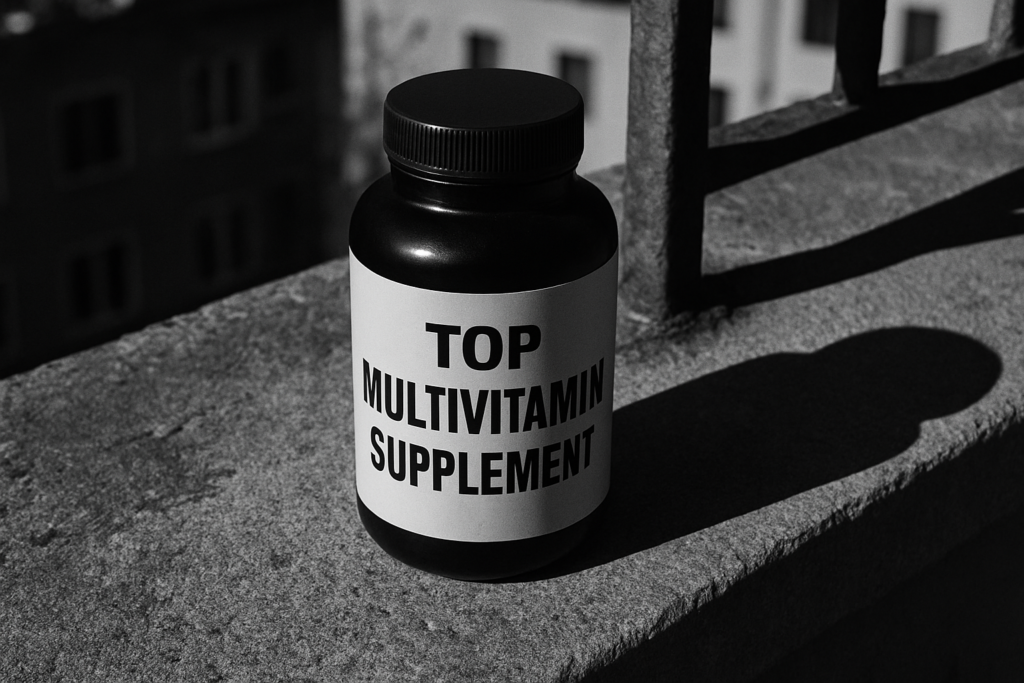Why Adaptogens Are Gaining Traction
Stress isn’t a side effect anymore it’s a constant. Between packed calendars, nonstop screens, and the pressure to do more in less time, people are hitting their limits faster. That’s led to a surge in interest around adaptogens natural compounds that help the body regulate its response to stress. Found in plants, roots, and mushrooms, these substances don’t sedate or overstimulate, but instead support balance across bodily systems.
From full time professionals to wellness influencers, adaptogens are showing up in daily routines, smoothies, and supplement stacks. They’re part of a bigger shift in how people view stress not just something to push through, but something to manage, long term. Science is catching up too. There’s growing research on how compounds like ashwagandha, rhodiola, and reishi can lower cortisol, improve sleep, and support mood.
Bottom line: adaptogens aren’t just a trend. They’re becoming a core tool in the modern stress survival kit.
Criteria for a “Top Rated” Adaptogen Supplement
Not all adaptogens are created equal. With a growing number of options on the market, it’s critical to know what separates a quality product from an overhyped one. Whether you’re a first time buyer or an experienced supplement user, here’s what to check before committing to any adaptogen product.
What to Look for in a Top Supplement
Each of the following factors plays a role in both effectiveness and safety:
Clean Labels and Minimal Fillers
Avoid unnecessary additives, preservatives, or synthetic binders
Look for short ingredient lists that are easy to understand
Choose products free of dyes, artificial sweeteners, or known allergens
Clinically Backed Ingredients
Ensure the adaptogens used have robust clinical studies behind them
Watch for full plant names (e.g. “Withania somnifera” instead of just “Ashwagandha”)
Standardized extracts show a consistent concentration of active compounds
Proper Dosage and Bioavailability
Effective dosage matters too low and you won’t see results, too high and side effects are possible
Look for evidence based dosing recommendations on the label
Enhanced delivery systems (like liposomal or fermented forms) improve absorption
Trusted Brand Transparency and Testing
Choose brands that disclose sourcing and manufacturing practices
Look for third party testing to confirm purity and potency
Certifications like NSF, USDA Organic, or GMP compliant facilities add credibility
When these four criteria are met, you’re far more likely to find a supplement that’s both effective and safe for long term use.
Standout Adaptogen Supplements Worth Trying

When it comes to adaptogens, not all herbs hit the same. These six have earned consistent nods for their proven benefits and minimal fluff.
Ashwagandha: This ancient root is the poster child of stress relief for a reason. Backed by solid clinical research, it helps bring down cortisol (the stress hormone) and promotes deeper, more consistent sleep. It’s especially good for folks dealing with chronic anxiety or burnout.
Rhodiola Rosea: Think of it as your brain’s endurance coach. Rhodiola is known for sharpening focus and reducing mental fatigue, especially under pressure. Great for people juggling heavy workloads or mental strain.
Holy Basil (Tulsi): Not just a sacred plant Tulsi packs serious stress fighting power. It helps regulate mood swings, enhances emotional balance, and strengthens your body’s stress response without sedating you.
Panax Ginseng: This one’s for those chasing both mental clarity and physical stamina. Panax Ginseng supports cognitive performance and energy levels, making it ideal for people who want to stay sharp without feeling wired.
Reishi Mushroom: Best used in wind down routines. Reishi helps calm the nervous system, supports the immune response, and may improve overall recovery. It’s not a quick jolt it’s more long game stability.
Maca Root: Adaptogen meets hormone helper. Maca is known for balancing energy levels and supporting hormone regulation, without acting like a stimulant. Many use it for sustained energy and improved mood.
→ Want more on how these supplements work? Check out top adaptogens for stress
Smart Ways to Use Adaptogens
Adaptogens are most effective when used intentionally not just regularly. Timing, cycling, and lifestyle synergy all play important roles in how well these supplements support your stress response.
When to Take Different Adaptogens
Understanding the best time to take each adaptogen can boost its effectiveness:
Morning:
Rhodiola Rosea Helps increase energy and focus throughout the day
Panax Ginseng Supports mental clarity and physical performance
Maca Root Naturally stimulates energy without causing jitters
Evening:
Ashwagandha Promotes relaxation, reduces cortisol, and may improve sleep quality
Reishi Mushroom Supports calmness and nervous system recovery at night
Flexible (Morning or Night):
Holy Basil (Tulsi) Calms stress responses and enhances emotional balance regardless of time
Why and How to Cycle Adaptogens
Like any natural remedy, your body can adapt to adaptogens over time. To prevent diminishing returns:
Cycle Schedule Suggestions:
Use daily for 6 8 weeks
Take a break for 1 2 weeks
Benefits of Cycling:
Avoids building tolerance
Keeps the body responsive
Allows time to observe changes and adjust dosage
Pairing with Lifestyle Habits for Maximum Impact
Adaptogens work best as part of a broader wellness routine. Sync their use with key habits for deeper, longer lasting stress support:
Breathwork & Meditation: Combine calming adaptogens like Ashwagandha or Tulsi with mindfulness practices to enhance relaxation.
Rest & Sleep: Take Reishi Mushroom before bed to support better sleep hygiene.
Clean Nutrition: Reduce inflammatory foods and stay hydrated adaptogens function best when your system is balanced.
Movement: Use energizing adaptogens like Maca or Ginseng before workouts to promote focus and stamina.
Integrating these strategies helps transform adaptogen use from a supplement habit into a comprehensive wellness practice.
Possible Side Effects and Safety
Just because adaptogens are natural doesn’t mean they’re risk free. If you’re pregnant, breastfeeding, or taking medications for things like blood pressure, thyroid issues, or mental health, check in with your healthcare provider before starting anything new. Some adaptogens may interfere with medications or shift hormone levels.
Watch for signs that you might be overdoing it persistent headaches, digestive issues, jitteriness, or changes in sleep could be your body waving a red flag. More isn’t always better. Stick to recommended dosages and rotate supplements when needed.
Quality matters too. Skip any product that hides behind a “proprietary blend,” or one that dodges third party testing. Look for clear labeling, clinical doses, and reputable brands. If it’s dirt cheap and makes huge promises, think twice. Adaptogens should support your system, not stress it out more.
Make Stress Support a Long Term Strategy
Let’s get one thing straight adaptogens aren’t a one and done fix. They won’t cancel out a cycle of burnout on their own. Like anything that supports health, they only work if you’re consistent. That means building them into daily habits, not taking them on a whim when stress spikes.
Even more important is what you stack with them. A supplement is most effective when it’s part of a bigger system: consistent sleep, low impact movement, mindful breaks, and honest nutrition. Think of adaptogens as one tool in your toolkit not the whole fix.
And that toolkit? It works best when it fits who you are and what you deal with. Identify your biggest triggers poor sleep, screen fatigue, social overload and incorporate simple, sustainable strategies that address those areas. With the right mix, you create a steady baseline that helps your system handle more, panic less, and reset faster.
→ For a full deep dive, explore top adaptogens for stress




